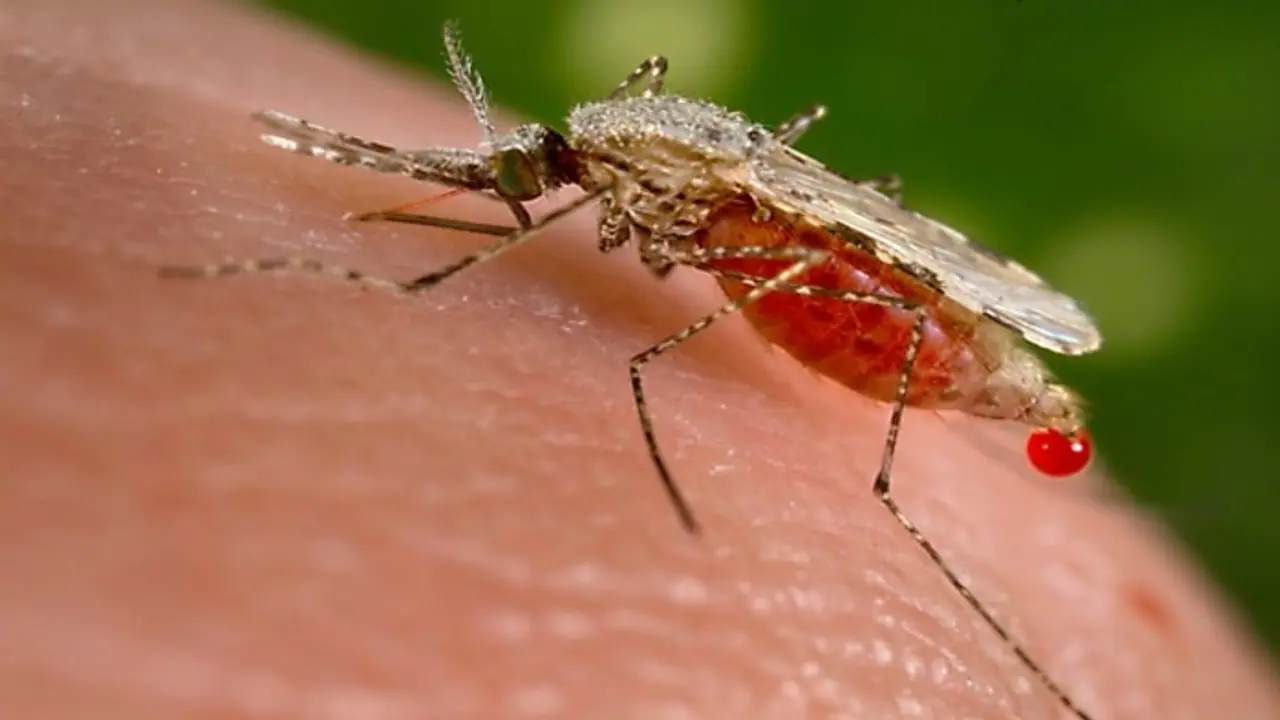A mutant strain of malaria-carrying mosquitoes in Tanzania has developed resistance to DDT, a pesticide banned for over a decade.

Mosquitoes claim more than 700,000 lives annually, but scientists have now uncovered an alarming development that could make these killers even more formidable. A mutant strain of malaria-carrying mosquitoes in Tanzania has developed resistance to DDT, a pesticide banned for over a decade.
For the first time, researchers from the University of Glasgow and the Ifakara Health Institute in Tanzania have discovered that Anopheles funestus mosquitoes, the primary malaria vectors in Eastern and Southern Africa, have genetically evolved to survive exposure to the once-effective pesticide. This breakthrough raises serious concerns about the future of malaria control.
According a report by DailyMail, Joel Odero, a PhD student at the University of Glasgow and lead author of the study, warns, "The emergence of new resistance mechanisms could threaten decades of progress made in reducing malaria transmission and mortality."
While mosquito nets have successfully prevented 633 million cases of malaria each year, chemical insecticides remain a crucial weapon in controlling mosquito populations. Yet, when researchers tested mosquitoes from ten Tanzanian regions, they found disturbing signs of resistance. The culprit is a genetic mutation known as "L976F," which grants these mosquitoes "knock-down resistance" to DDT.
The study revealed that mosquitoes from Tanzania's Morogoro region survived DDT exposure 32% of the time, a stark contrast to near-total mortality seen in other regions. Genetic sequencing from 2017 to 2023 further revealed that an alarming 90% of the Morogoro mosquito population had developed this resistance during that time.
"Our discovery raises concerns for the effectiveness of current malaria control methods, which rely heavily on insecticides," Odero added. "Understanding the development of insecticide resistance is key to combating malaria, a disease that kills hundreds of thousands of people annually, mostly in Africa."
Just as bacteria can develop antibiotic resistance, mosquitoes evolve rapidly when exposed to new chemical treatments. This "evolutionary pressure" allows only the resistant mosquitoes to survive and pass their genes on to future generations, rendering insecticides ineffective.
What makes this situation particularly baffling is that DDT has been banned in Tanzania since 2008, following revelations of its toxic effects on human health, including links to cancer, infertility, and developmental delays. Yet, Tanzania continued to store stockpiles of obsolete pesticides, including DDT, until 2012.
The researchers found a stockpile of 30 tonnes of DDT located just 50 kilometers from the area where the resistant mosquitoes were discovered, suggesting that historical contamination from this chemical was sufficient to trigger the mutation's spread.
Dr. Francesco Baldini, co-author of the study from the University of Glasgow, stated, "Our discovery sheds light on the far-reaching and unintended consequences of historical insecticide use, highlighting how past environmental contamination can shape the evolution of vector populations and impact current public health interventions."
Despite the rapid spread of the L976F gene, researchers were relieved to find that by 2023, this genetic mutation had nearly disappeared, a result attributed to Tanzania's successful efforts to eliminate remaining DDT stockpiles.
However, Professor Fredros Okumu of the University of Glasgow and Ifakara Health Institute issued a call for "urgent" research into the potential for similar resistance mechanisms to emerge in response to other pesticides, underscoring the precarious nature of current malaria control strategies.
Also read: Why do we observe World Mosquito Day? Know its history, significance and more
